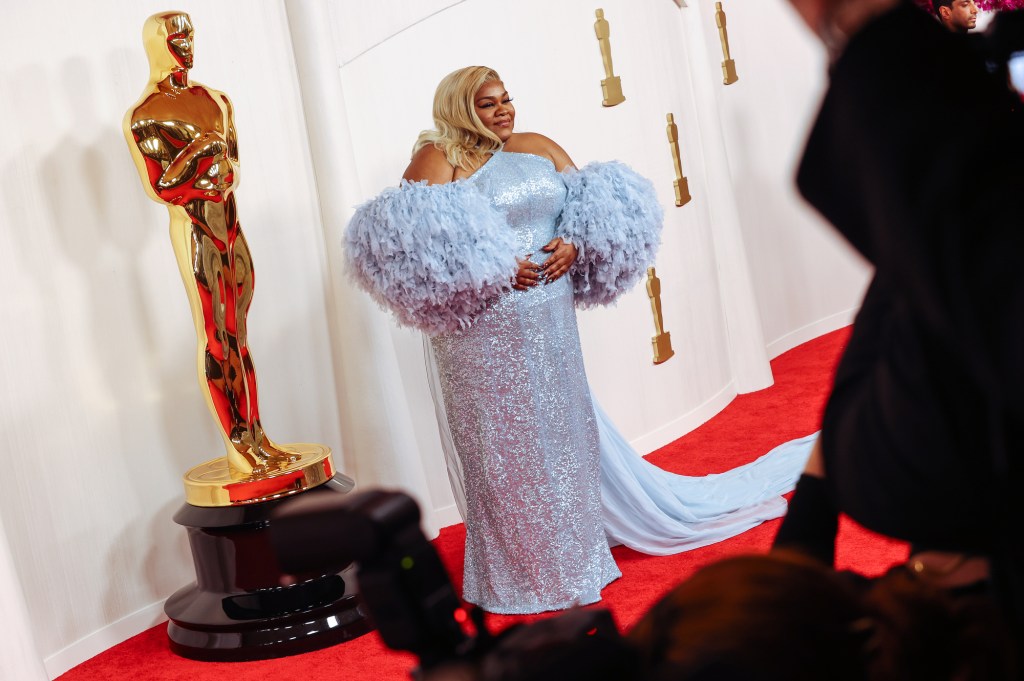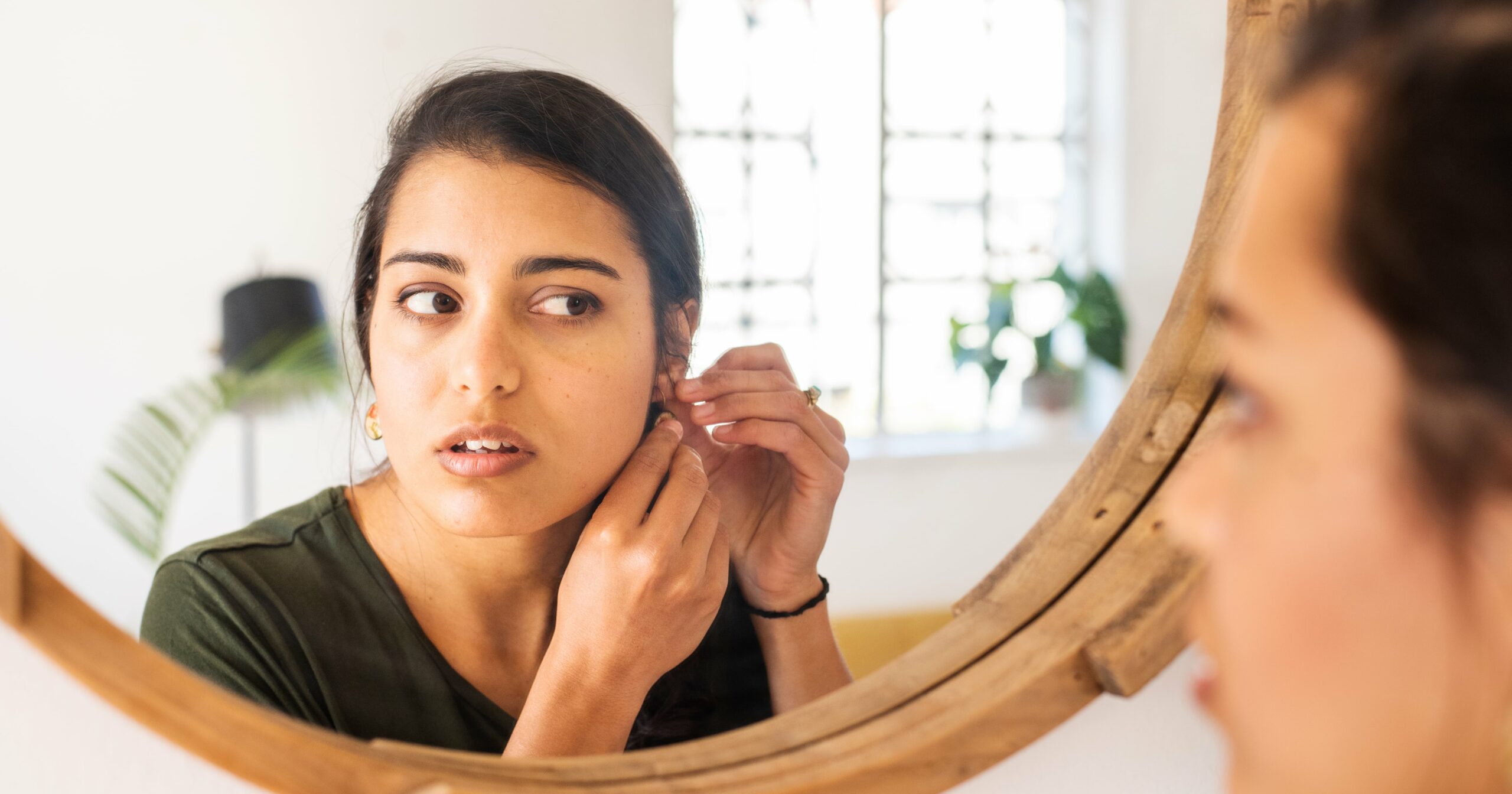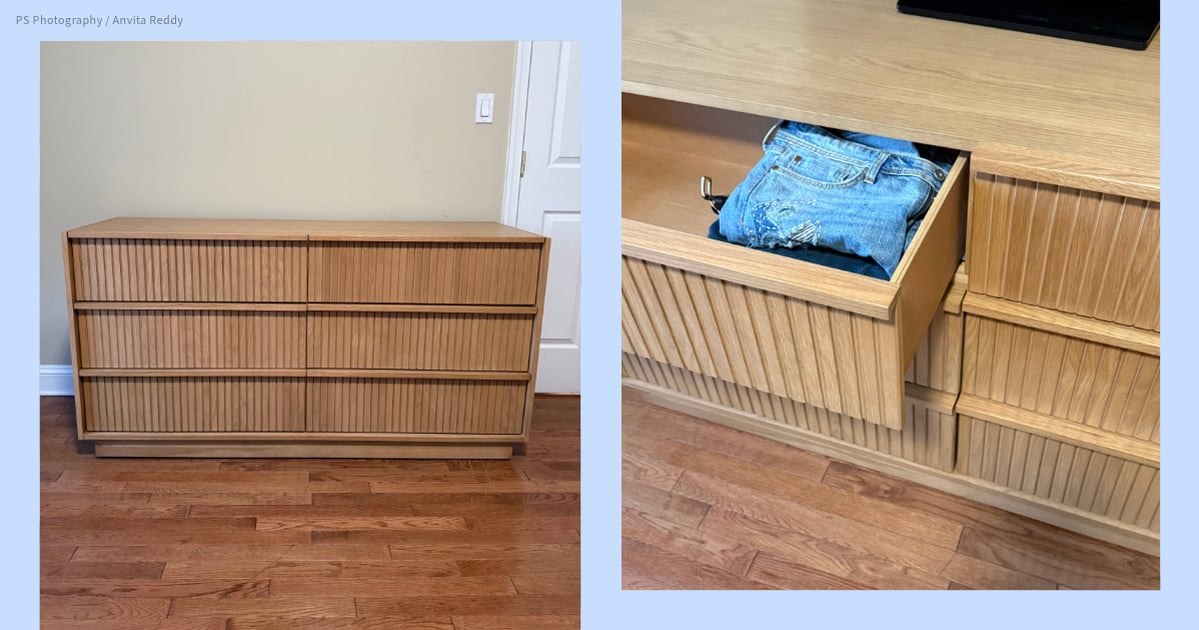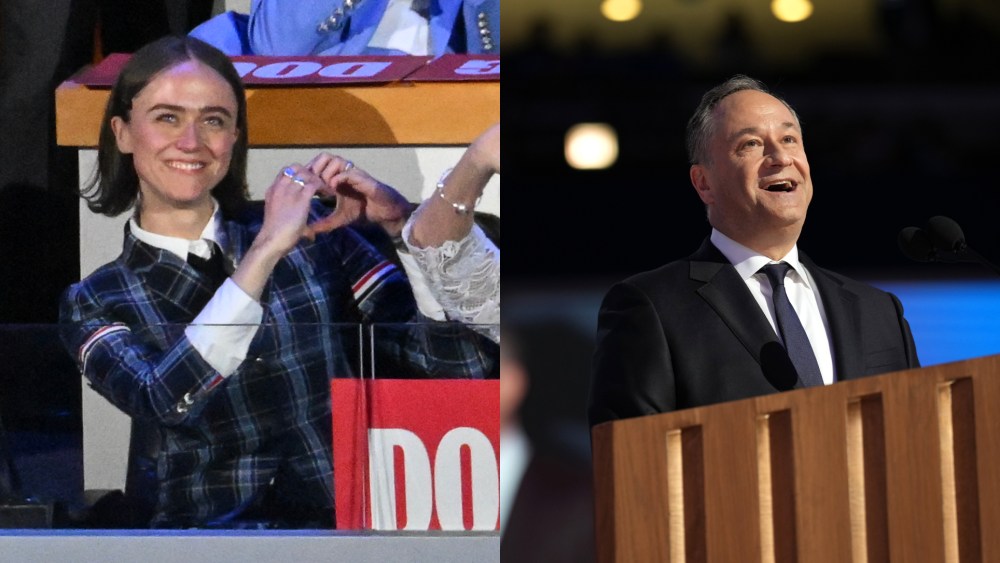Inevitably, Oscar night brings out the best and worst of people whether they are overdressed celebrities on the red carpet or at-home critics on the couch. But love it or hate it, the abundance of sparkle — paillettes, sequins, beading, shimmer and the like — that was worn by stars such as Margot Robbie, Sandra Hüller, Da’Vine Joy Randolph, Ryan Gosling and Dwayne Johnson could soon translate to the masses.
That was the takeaway from the Pantone Color Institute’s executive director Leatrice Eiseman, who analyzed some of the celebrities’ choices and predicted how those could play out with the general public. “Sparkle really captured the day — paillettes, sequins,” she said.
“The one look that is really going to take over is sparkle. That really was the outstanding message, and most of it was more subtle with nuances of color underneath,” Eiseman said. “Whether something is light or dark, it’s the sparkle that brings it to life. That’s what is most adaptable. Women, in particular, understand that. A sequin top and a crepe skirt have a comfort level that makes people feel, ‘I can do that. I can sparkle. I can go to a party and shine. I can be the star.’ That’s the message that gets across.”

The glimmer wasn’t just for leading actresses like “Oppenheimer’s” Emily Blunt (in Schiaparelli Haute Couture). Eiseman also singled out “Oppenheimer” producer and “Best Picture” co-recipient Emma Thomas’ winning look — a custom Rodarte black sequin, satin and net gown with Swarovski crystal beading that hinted at green and offset her emerald green earrings. “That subtlety of color intensifies the sparkle or vice versa. You’re aware that the color is very subtle and yet it’s there. Emma Stone’s peplum [pale green Louis Vuitton] gown had a shimmer to it. Another example would have been Charlize Theron in a very simple silver gown [from Dior Haute Couture with Boucheron jewels and a silvery manicure]. And Lily Gladstone’s gown [from Gucci in collaboration with an Indiginous designer, Joe Big Mountain of Ironhorse Quillwork] also had a little sparkle.”

All in all, there were two extremes in terms of design — the “vastly overblown look” with lines extending beyond the body, like Ariana Grande‘s over-the-top gown and Da’Vine’s sparkle, and the poufy sleeve treatment, Eiseman said. But there were also more column-like styles. There was no shortage of silver and gold, and many guests opted to combine the two. The three-hour program offered color cues consciously or subliminally to a captive audience of millions. Even though any discussion about color signals brights to most people, Eiseman said, “Color has such subtle nuances that sometimes they are so subtle, you are not even that aware of them.”

Such undercurrents don’t pass unnoticed by an authority like Eiseman, especially in regard to the sparklier selections like “Dune” star Zendaya’s Giorgio Armani Privé antique rose and silver gown, Michelle Yeoh’s sequined two-tone silver Balenciaga gown and “Barbie” star America Ferrera’s shimmery pink Versace gown. “The point is that even though we don’t think of silver and gold in terms of color, or champagne, they can have cooler temperatures and warmer temperatures. There is always something that exudes a color message,” Eiseman said.

Where is all this shimmer and glimmer coming from? Interestingly, it’s not necessarily major designers who are driving the trend. Although technology is not frequently associated with sparking fashion trends, innovative techniques, especially those being used by the automotive industry experimentally for concept cars and racing cars “to create sparkly surfaces,” is crossing over into fashion choices. “They are showstoppers whether they are in a showroom, in a store or online. When you see something that sparkles, the human eye absolutely has to pay attention. There is no way we can avoid it. It’s built into our brains,” Eiseman said.
So much so that anthropologists have determined that part of the reason humans are so attracted to sparkle is because running water has a sparkle, she said. “Humans are so in need of water in order to survive that any time that you see something that seems to have an undulating surface, that attracts our eye. When you translate that to the business world, what better way to get people to pay attention?”
So what does it all mean? “There are these great extremes of feeling — the line and the design [of the dresses] and the silver and the gold combined. Even though the lines may be overblown, the subtle message is, ‘There is this extreme opposition that is going in the world around us.’ It [represents] an undertone of differences that somehow pull together. It isn’t so disconcerting that when you look at it you say, ‘I can’t stand the way that looks,’” Eiseman said. “Michelle Yeoh’s gown was a perfect example — warm and cool oppositions and yet they were beautifully contained. There may be opposition to begin with, but somehow in fashion you manage to make it cohesive.”

“Past Lives” nominee Greta Lee hit all the rights notes too — first in a black and white Loewe gown for the main event and then in a custom Loewe champagne-tinged silk satin halterneck dress with draped waist and jade doughnut chain. And while black gowns and black tie are a sure thing for the red carpet, many of those choices had glints, too, like Margot Robbie’s strapless Versace gown, Ryan Gosling’s custom Gucci black wool suit with metallic beaded hand-embroidered trim, “Beetlejuice” actress Catherine O’Hara and “Best Costume Designer” winner Holly Waddington.

Hesitant to read too much into Robbie’s choice of black, as a mournful one for not being nominated in the Best Actress category, Eiseman said, “If you don’t know her personally, you can’t make that statement. But it could have been a reaction. Everybody interprets her as ‘Barbie’ and pink. From a fashion standpoint, she wanted to make a statement. This [role] was one part of her. She’s an actress. She can take on different identities. She definitely took on a different identity at the Oscars. Greta Gerwig had on sparkles too that were very subtle [in a Gucci gown.]”

“Best Supporting Actress” winner Da’Vine Joy Randolph’s pale blue Louis Vuitton gown and her presenter Lupita Nyong’o’s custom Armani Privé gown with a sliver of blue cast also earned high marks from Eiseman. As for the most translatable looks of the night, Eiseman pointed to Best Sound winner Tarn Willers’ black velvet blazer, black silk shirt, black pants, black felt porkpie hat and white kicks. “Years ago you would have looked at that opposition and thought, ‘Who would put something like that together?’ But today that looks so fabulous, like Billie Eilish [in Chanel] did. Then the general public decides to try it. It makes it more acceptable for them to do things that are nontraditional or offbeat.”




